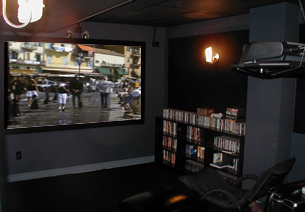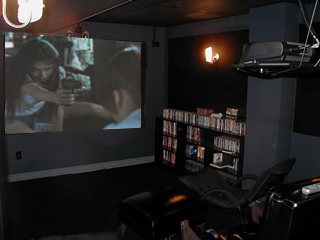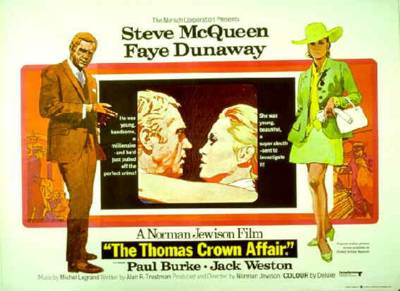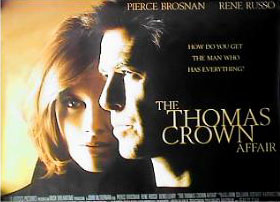KBT Presents: THE REF
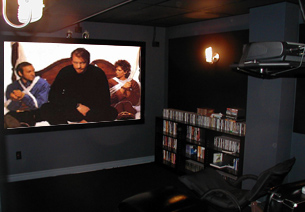
In the spirit of the anti-Christmas movie, KBT presents an often overlooked showcase for the different comedy stylings of Kevin Spacey, Judy Davis and Denis Leary. Released in 1994 it was buried beneath much larger films such as Pulp Fiction, Forrest Gump and The Lion King; add to this the fact that Kevin Spacey was yet to be seen in either The Usual Suspects or Seven and that this movie is viscous and dark (albeit with a bit of saccharine at the end...It is after all a Christmas movie) and perhaps you come up with Box-Office poison. It is a vastly underrated film that needs more exposure and Christmas time for those looking for a meaner-side of the holidays.
A cat burglar (Leary) gets caught by a security alarm system while robbing rich Connecticut homes on Christmas eve. He holes up in a neighboring house, taking the owners hostage (coming back home from an unsuccessful therapy session with a load of dysfunctional house-guests on the way). The hostages (Spacey and Davis) are more interested in using the burglar as fodder in their arguments and hang-ups than paying attention to the fact that he is armed and dangerous. In one scene he has to patiently explain to the couple that he is in fact arm, and should be allowed to do the talking.
Things get complicated when the rest of the family come over for a visit and now the burglar poses as their marriage counselor and even more confused when the son comes home from military school with a wad of cash bribed from one of his teachers.
In all, the film viscously attacks the spirit of Christmas, family gatherings, criminal lifestyles, mall Santas, community politics, mother issues, marriage and Scandinavian traditional cooking.
Come on out Tuesday Night and enjoy this Christmas Classic. Drinks at 8:15pm. Showtime at 8:30pm.

